[ez-toc]
In the annals of scientific advancement, the names of those who have made significant contributions often find their rightful place in history. However, there are also individuals whose brilliance and ingenuity have shaped the world, yet remain shrouded in obscurity. Francis Thomas Bacon, a Cambridge-based engineer, is one such figure. His pioneering work in fuel cell technology played a crucial role in the success of the Apollo 11 moon landing, propelling humanity towards a new era of space exploration. Yet, despite his groundbreaking achievements, Bacon's contributions have largely been overlooked.
Bacon's journey into the world of fuel cells began in 1932, during a time when the concept of harnessing the energy released by chemical reactions to generate electricity was still in its nascent stages. While working for an engineering firm, he became captivated by the potential of fuel cells, secretly conducting experiments with highly flammable gases on his employer's premises. His dedication to this pursuit ultimately led him to leave his job and dedicate his life to engineering a solution to the complex challenges posed by fuel cell technology.
A Legacy of Innovation
Bacon's work took him to Cambridge University and later to Marshall, a local engineering firm, where he tirelessly toiled on developing a practical and reliable fuel cell. His efforts culminated in the creation of the first working hydrogen-oxygen fuel cell. This invention, which came to be known as the "Bacon Cell" by NASA, played a pivotal role in the Apollo missions.
Powering the Journey to the Moon
During the Apollo missions, Bacon Cells were deployed as a secondary power source, generating electricity for essential functions, including communication systems, air conditioning, and lighting. They also produced water for the astronauts, ensuring their survival during the long journey to the moon.
The significance of Bacon's invention was not lost on those involved in the Apollo program. President Richard Nixon himself acknowledged the crucial role of Bacon Cells in the success of the mission, stating, "Without you, Tom, we wouldn't have gotten to the moon."
Beyond the Moon Landing
Bacon's legacy extends beyond the Apollo missions. His pioneering work in fuel cell technology continues to inspire scientists working on renewable energy solutions today. Fuel cells offer a clean and efficient way to generate electricity from hydrogen and oxygen, with water as the only byproduct. They hold enormous promise for powering vehicles, providing emergency power in remote locations, and contributing to a more sustainable future.
We also Published
- Arm Positioning Affects Blood Pressure: Why Accurate Measurement Matters
Discover how arm positioning can significantly impact blood pressure readings, potentially leading to misdiagnosis and overestimation of hypertension. Learn about the gold standard method and its implications for healthcare providers and patients. - Questioning Common Medical Practices: More Harm Than Good?
Questioning Common Medical Practices: such as how common medical practices like thickening liquids for dementia patients and stopping blood pressure medications before surgery may not be as beneficial as previously thought. Explore the conflicting evidence surrounding spinal cord stimulators for chronic pain. - Barnard's Star Exoplanets: A Cosmic Neighborhood Unveiled
Barnard's Star, a red dwarf just 6 light-years away, harbors a planetary system, including a confirmed rocky planet and potential candidates for life. Discover the challenges and possibilities of exploring this cosmic neighbor.
An Unsung Hero
Despite his remarkable contributions, Francis Bacon remained a modest and unassuming figure. His primary focus was on solving problems and finding practical solutions for the benefit of society. He preferred to let his work speak for itself, shying away from the spotlight. This humility, however, has contributed to his relative obscurity outside the scientific community.
It is a testament to the enduring impact of Bacon's work that his legacy continues to resonate with scientists and engineers today. His pioneering efforts have laid the foundation for a future where clean energy solutions are essential for addressing the challenges of climate change and creating a more sustainable world. While Bacon may not be a household name, his contributions to the advancement of fuel cell technology and its role in the Apollo missions serve as a reminder of the immense impact that individual ingenuity can have on the course of human progress.
"He was a pioneer. Fuel cell technology was extremely important to the space programme, because as long as you can continuously supply the gases, you can keep producing electricity." - Sam Stranks, Professor of Energy Materials and Optoelectronics at Cambridge University.
RESOURCES
- fuel cell story - hydrogen
- module 4: fuel cell engine technology
- Background | Fuel Cells
- Quest Global
- An Introduction to Alkaline Fuel Cells
- Francis Bacon – Future Fuel - Features
- Who Invented the First Fuel Cell?
- The development and practical application of fuel cells
- Introduction
- History - FuelCellsWorks
- US3112229A - Fuel cells

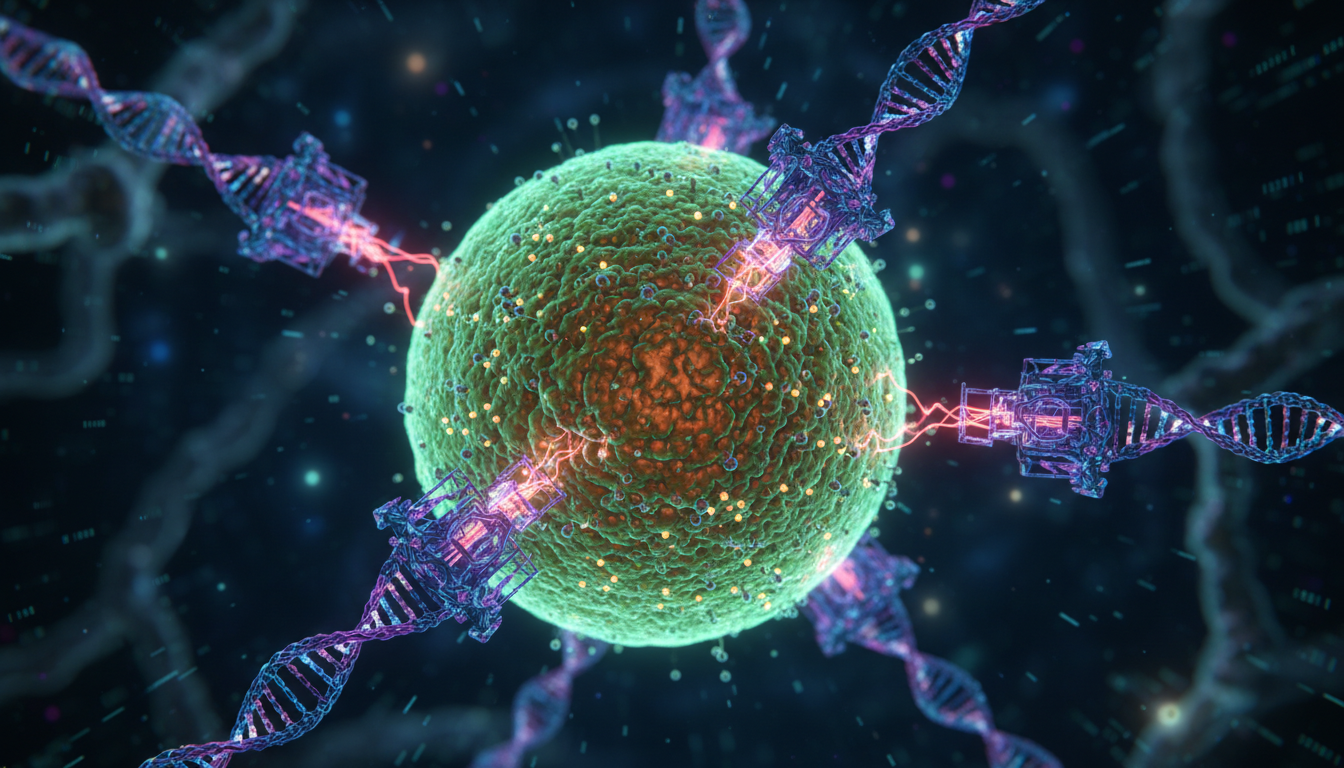
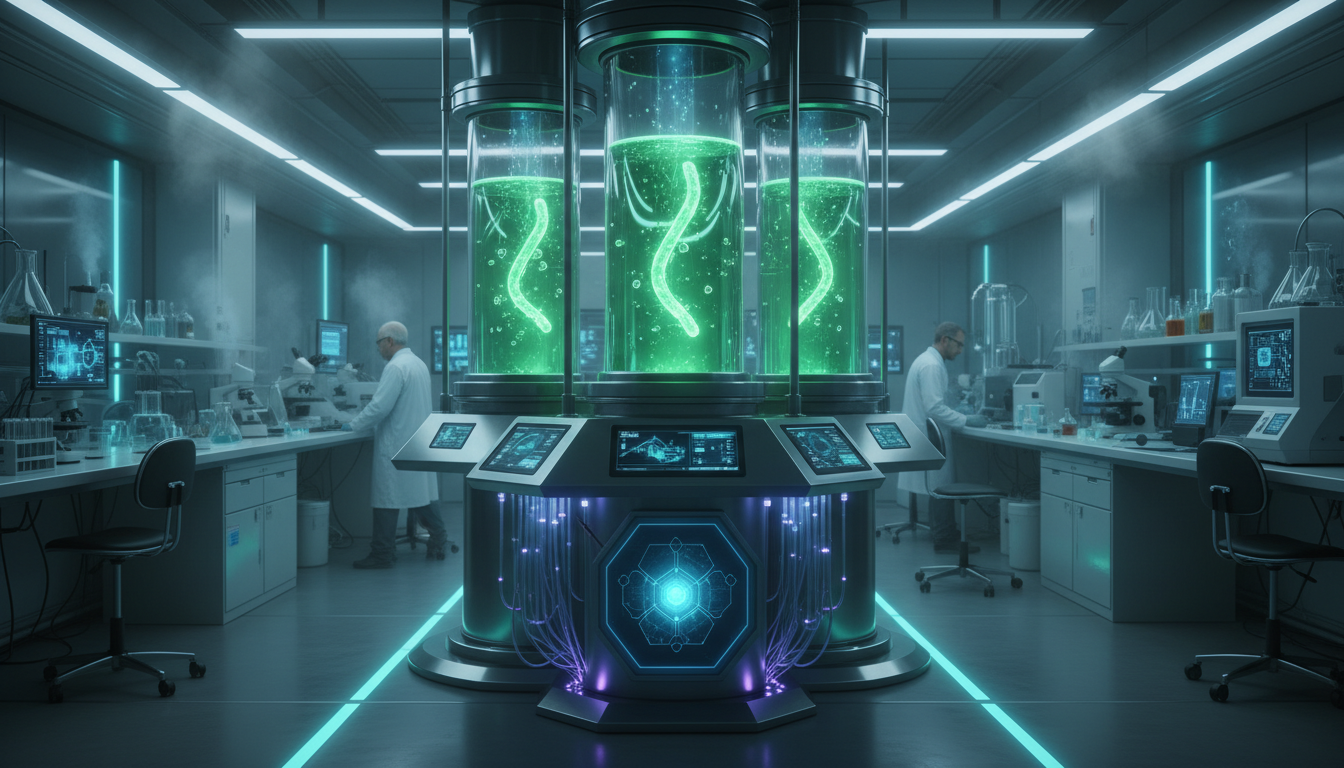

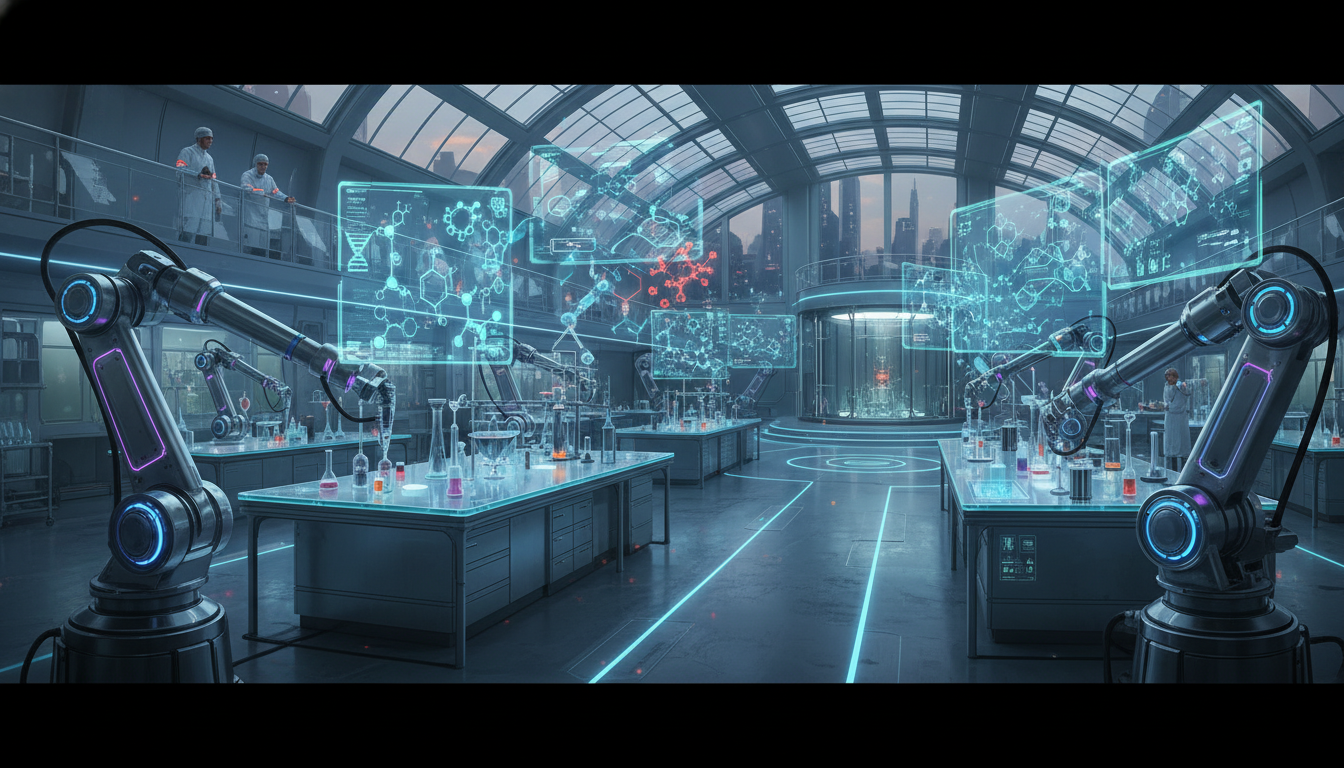

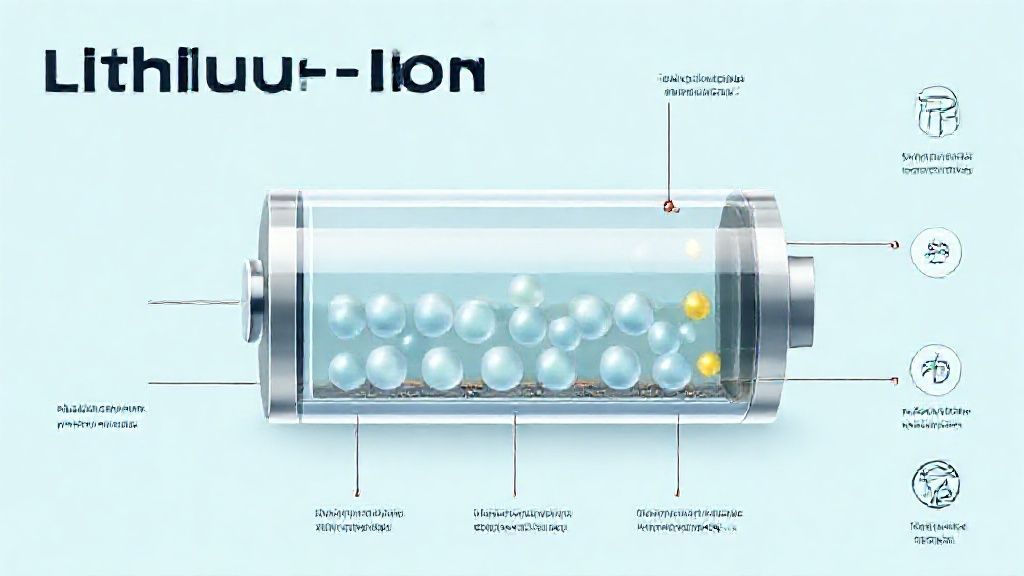
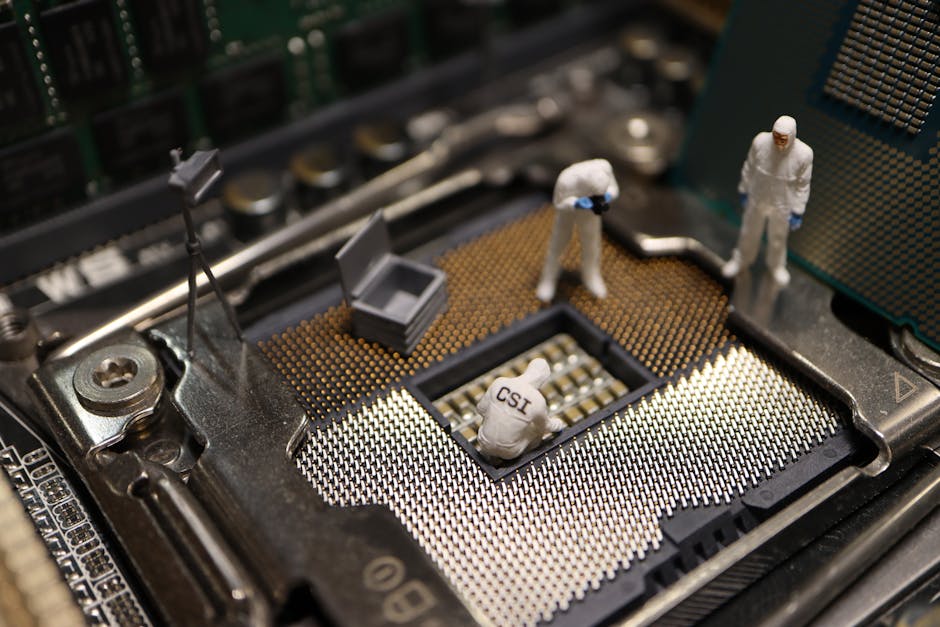
0 Comments